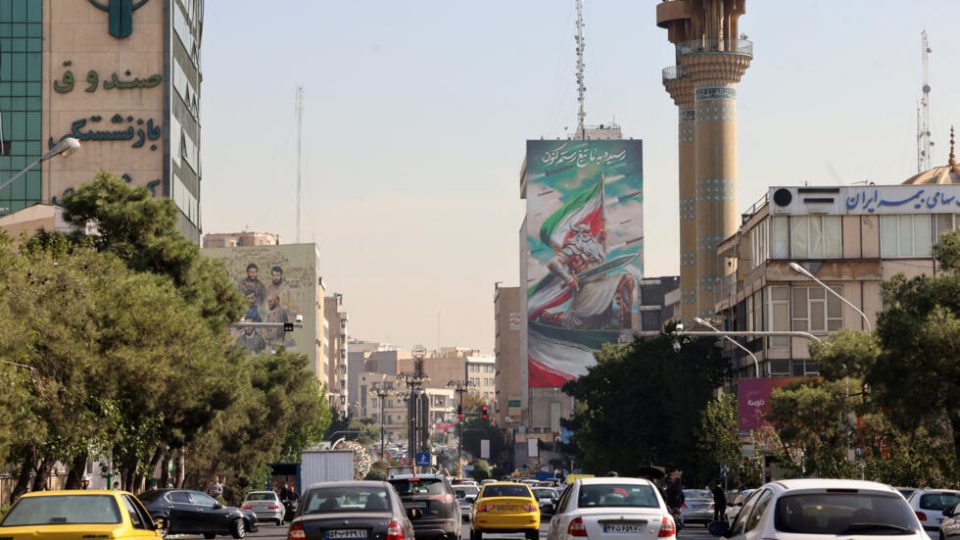TEHRAN: Iran declared its right to defend itself after Israeli airstrikes resulted in the deaths of at least two soldiers, heightening fears of regional conflict in the Middle East.
In response to the escalating tensions, Israel warned that Iran would “pay a heavy price” if it retaliated. Meanwhile, the United States, Germany, and Britain called on Tehran to refrain from further escalation. U.S. President Joe Biden expressed hope that the recent Israeli strikes, which he noted targeted military sites, would mark the end of the conflict.
The European Union urged all parties to exercise maximum restraint to prevent an “uncontrollable escalation” of violence.
Iran maintained that it has a “right and duty” to defend itself, while Hezbollah, its Lebanese ally, reported that it had launched rocket attacks on five residential areas in northern Israel. The Israeli military confirmed that approximately 80 projectiles were fired across the border.
Confirming its operations, the Israeli military stated it struck Iranian missile factories and military facilities, completing its mission successfully. Iran reported that Israeli strikes targeted military sites around Tehran, causing “limited damage” but resulting in the deaths of four soldiers.
The Iranian armed forces indicated that only radar systems were damaged and refrained from immediate threats of retaliation, emphasizing their desire for a lasting ceasefire in Gaza and Lebanon. Iran’s Foreign Minister, Abbas Araghchi, stated that there were “no limits” to Iran’s resolve to defend itself.
The tension follows a significant attack on October 1, when Iran fired approximately 200 missiles at Israel in only its second direct assault on its arch-rival. Israeli officials have accused both Iranian leaders and Hamas militants of war crimes and crimes against humanity following the violence.
The conflict has led to widespread military actions, with Israel engaged simultaneously on two fronts: one against Hezbollah in Lebanon and the other in Gaza, where civilian casualties have been extraordinarily high. The United Nations has described the situation in Gaza as dire, with ongoing humanitarian crises and daily airstrikes.
Defense officials confirmed that there was “no U.S. involvement” in the airstrikes against Iranian targets, though Israeli President Isaac Herzog expressed gratitude for the support from the U.S.
U.S. National Security Council spokesman Sean Savett characterized Israel’s actions as “an exercise in self-defense,” urging Iran to halt its aggression to prevent further escalation.
As tensions rise in the region, Iran’s actions and responses will be closely monitored by the international community as both countries navigate the volatile landscape of their fraught relationship.
Credit: CNA





